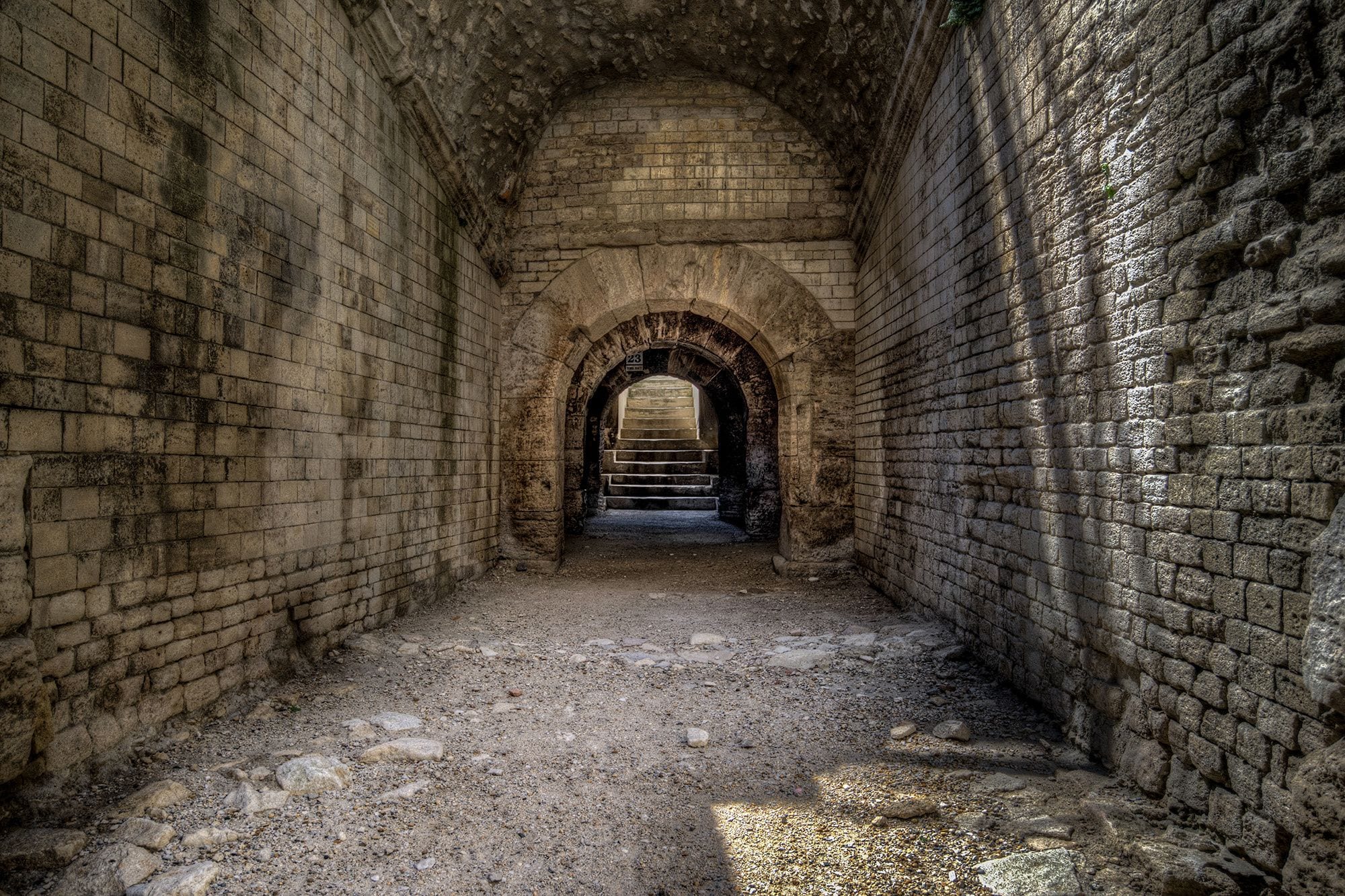
Confinement and Escape: Emma Donoghue and E.L. Doctorow in Our Time of Self-Isolation
Emma Donoghue's Room and E.L. Doctorow's Homer & Langley define and confront life within limited space.

Emma Donoghue's Room and E.L. Doctorow's Homer & Langley define and confront life within limited space.

To read Edgar Allan Poe in the time of pandemic, we need to appreciate a very different aspect of his perspective—not that of a mimetic artist but of the political economist.

Henry David Thoreau's Walden as a 19th century model for 21st century COVID-19 quarantine.
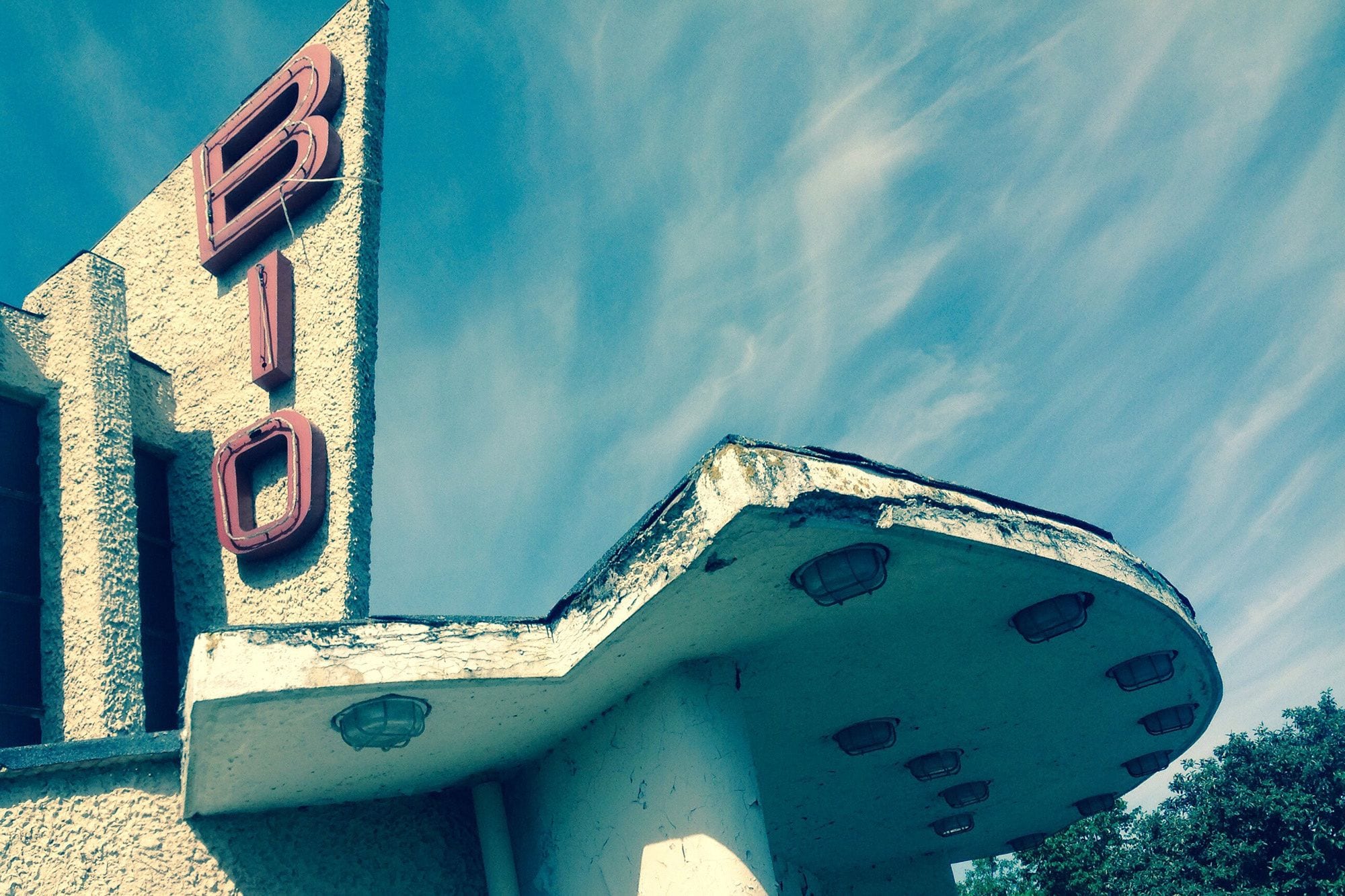
Streaming services and large TV screens have really hurt movie theaters and now the coronavirus pandemic has shuttered multiplexes and arthouses. The author of The Perils of Moviegoing in America, however, is optimistic.
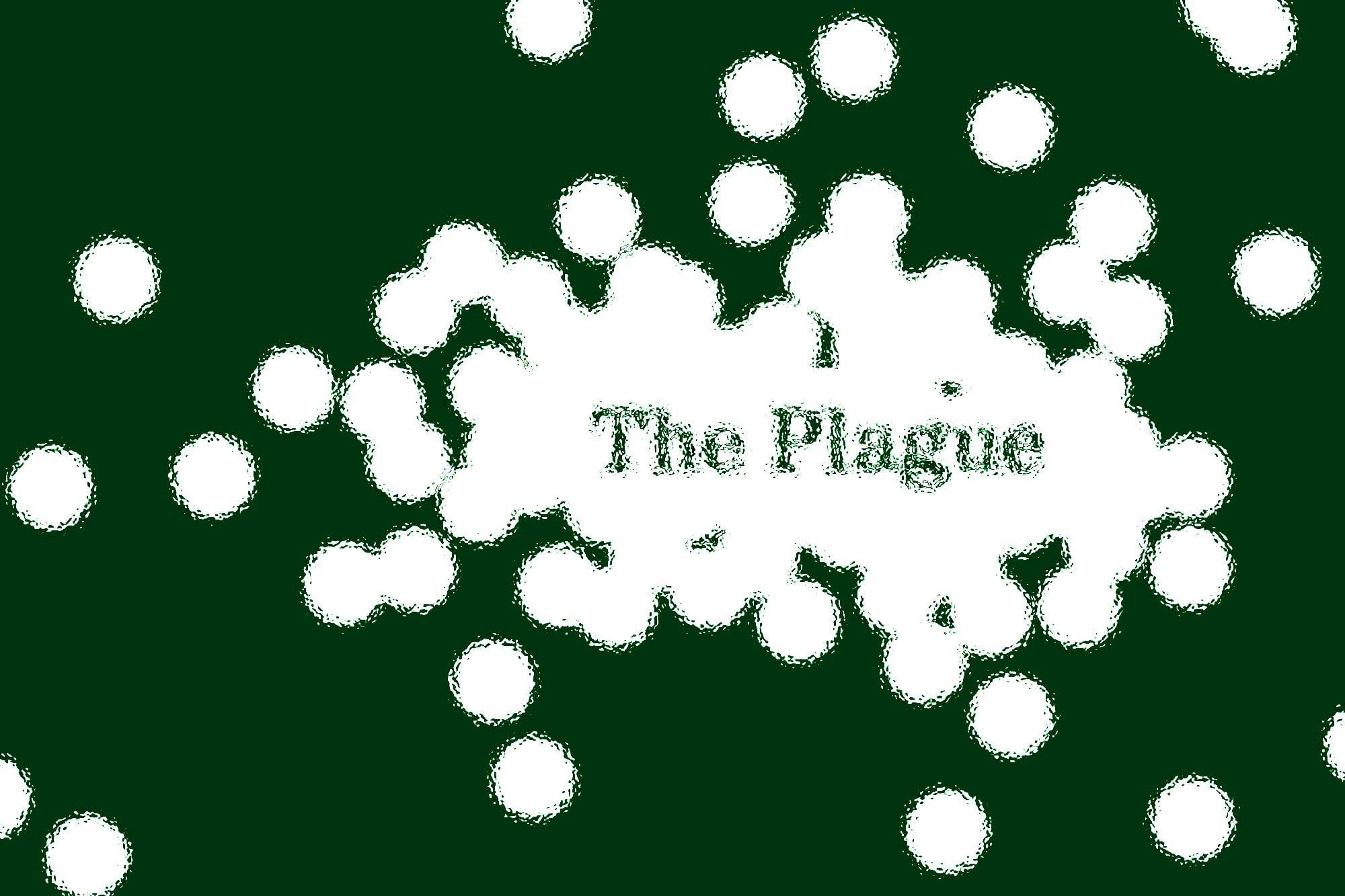
Initially, the city of Oran does not take care of its most vulnerable populations in Camus’ The Plague, and as a result, the city suffers for it. This parallels today’s COVID-19 world.

The risky healing power of Marc Maron's WTF podcast eulogy to Lynn Shelton.

Scattered throughout the world, members of Opera North's orchestra share how they are enduring the loss of live performance and companionship during the COVID-19 lockdown. They also share a mood-lifting, online isolation performance of a work that everyone knows but not always for the same reasons.
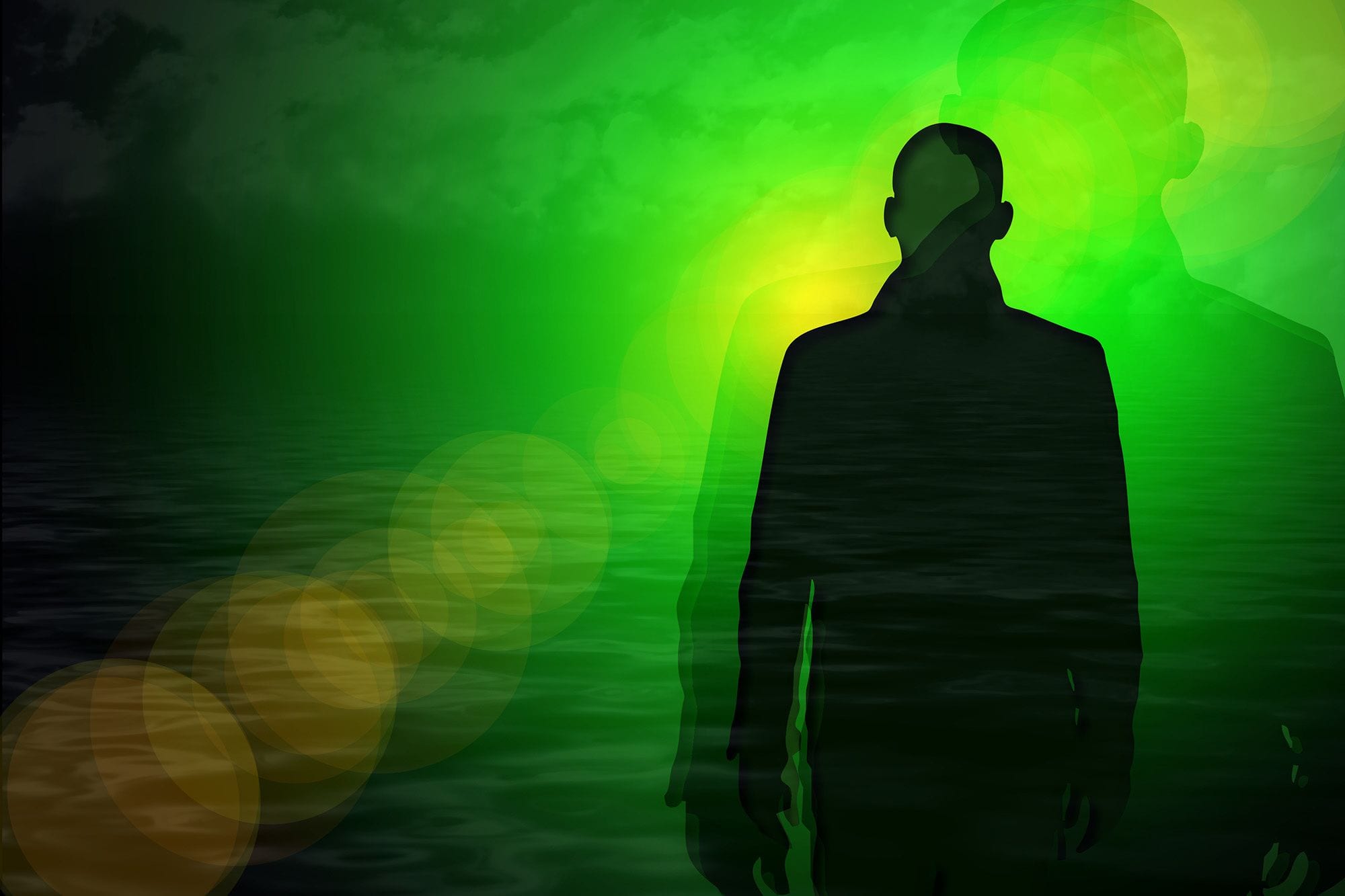
COVID-19 has created a day-by-day experience in which we realize there are no perfect answers, and every moment exists as a co-mingling of light and dark counterpoints.
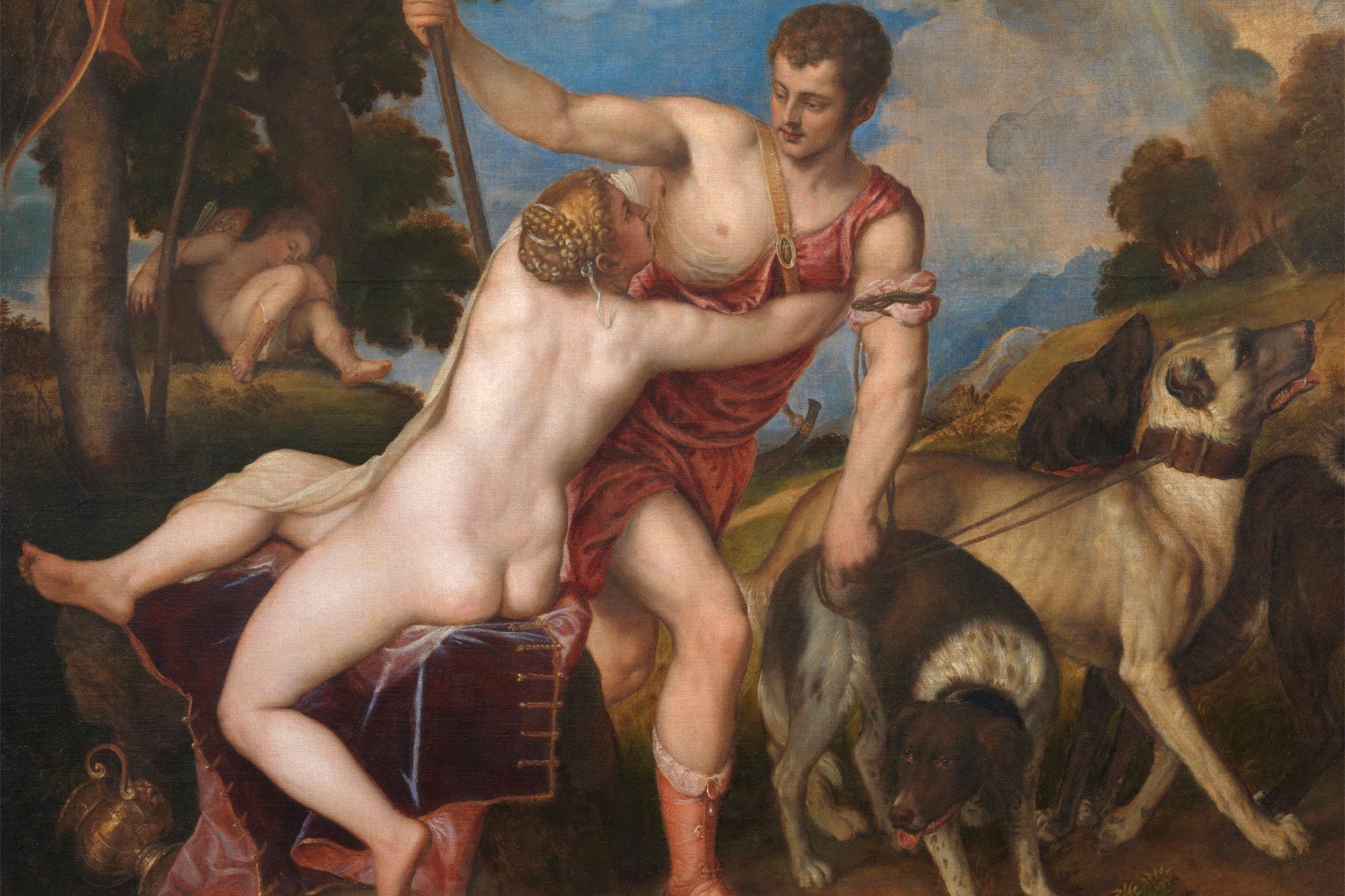
The worn trope—Time Devours All Things (tempus edax rerum)—is true for human beings, says Shakespeare: if you’re a mortal, death lurks at the heart of the very thing you most want. During a plague, or a pandemic, it’s wanting that endangers us.

A random comment thread on Wesley Stace's Facebook page inspired a collaborative effort to bring together cover versions of his vast catalog with artists like Josh Ritter, Graham Parker, Gary Louris, Chris von Sneidern, and the Minus 5.
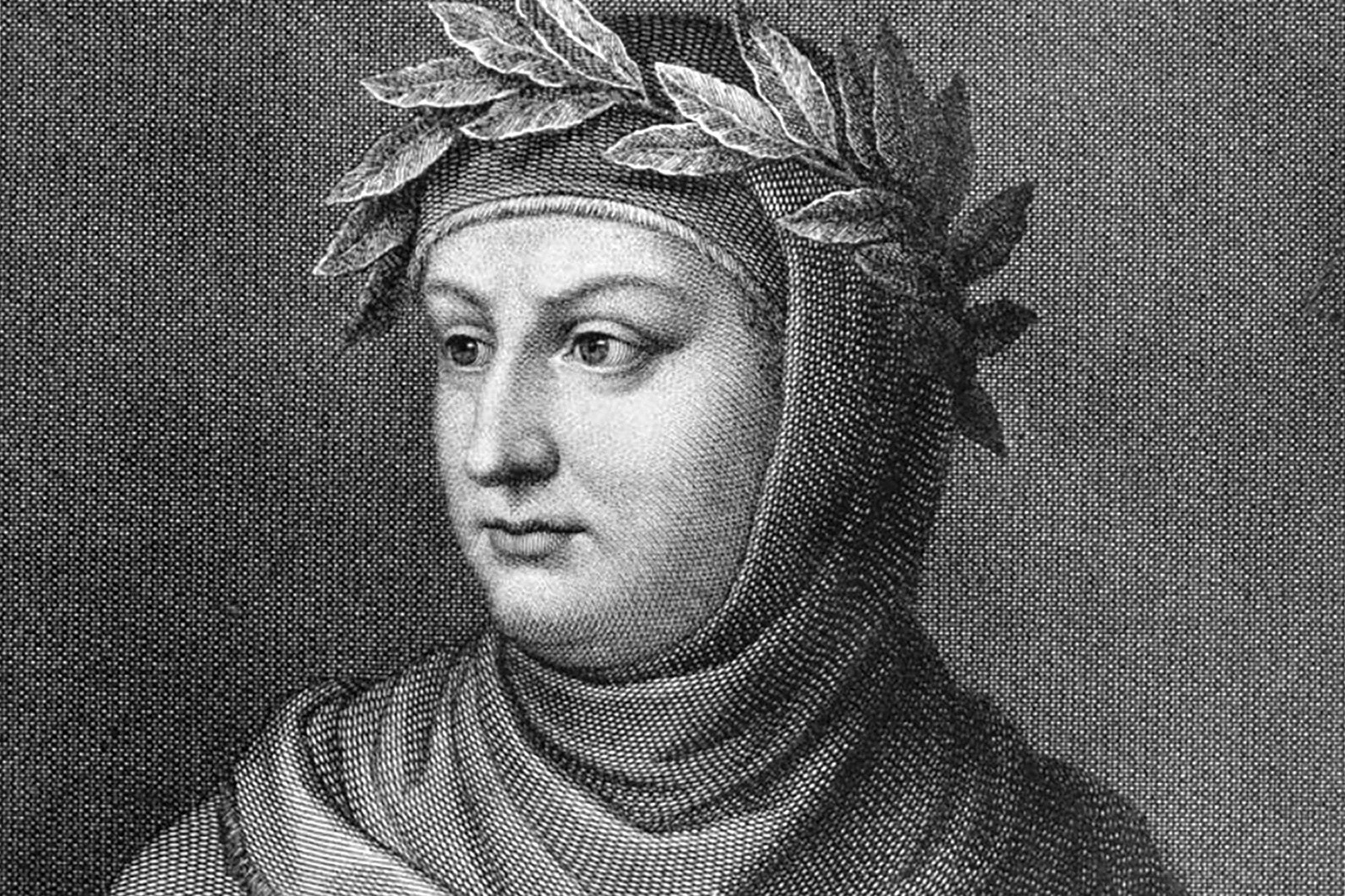
Rather than write about death and the world unfolding in the throes of the Black Plague, Giovanni Boccaccio instead wrote about the utopian potential of storytelling.

My first COVID-19-era "telehealth" video call had me looking up my doctor's nose. Who could blame him for turning his camera off?